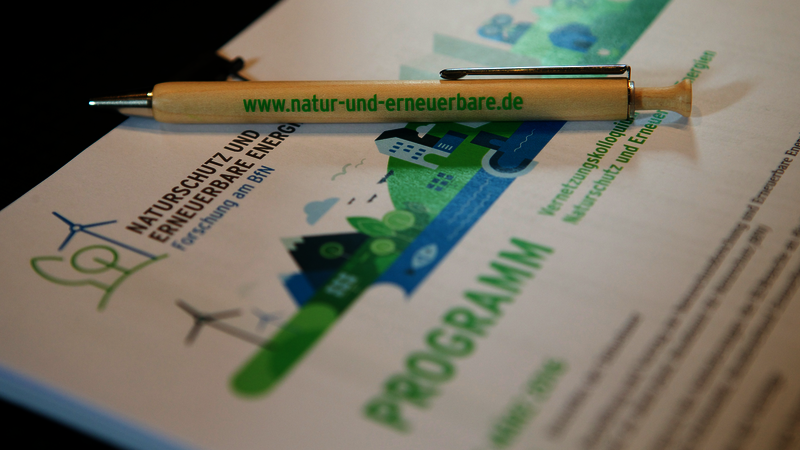Overview
At the interfaces of wind energy and wildlife conservation, new opportunities have resulted from digitisation. So-called “smart” technologies are already ubiquitous in many areas of everyday life. In wildlife conservation, for example, technologies for automated data acquisition, analysis, monitoring and process control are no longer only undergoing development but are increasingly being implemented in the field.
The subject areas of “nature conservation and renewable energies” at the Federal Agency for Nature Conservation (BfN) already include R&D projects involving these interfaces. Through its online colloquium, the Federal Agency for Nature Conservation now aims to provide targeted impulses for an early coupling of smart systems in wildlife conservation and the digitisation of the energy industry.
The online colloquium will focus on options that already exist, as well as potential opportunities to meet the challenges of wildlife conservation utilising smart technologies. This topic will be examined using concrete examples from Germany and other countries. Which wildlife conservation issues can or should be solved with technical systems for detection and avoidance of collisions in the expanding wind power sector? How can local smart “island solutions” take advantage of the potentials offered by digitisation on a regional or national level?
The online colloquium is bringing international experts together to discuss these questions; for this reason, live translation (German and English) will be offered on the first day for all participants. The second day will focus on research questions in German context, together with online presentation and breakout sessions.
- 3 November 2020, 13:00h to 16:30h (CET): Online colloquium on “Smart technologies for wildlife conservation and wind energy,” with live translation (German and English)
- 4 November 2020, 13:00 to 16:30h (CET): Online technical colloquium (in German)
Program 3 November 2020
Speakers
- Dr. Christiane Paulus, Director of Nature Conservation and Sustainable Use of Natural Resources, German Federal Ministry for the Environment, Nature Conservation and Nuclear Safety (BMU): „Challenges for a nature friendly energy transition (out of the Perspective of the Ministry for the Environment)“
- Dr. Alfred Herberg, Head of the Section „Conservation, Development and Sustainable Use of Nature“ of the German Federal Agency for Nature Conservation (BfN): „The potential of smart technologies for the environmentally friendly expansion of wind energy“
- Dr. Rafael Wüest Karpati, Swiss Federal Institute for Forest, Snow and Landscape Research (WSL), Department Biodiversity and Conservation Biology: „Big Data and nature conservation: thinking data in a larger context“
- Dr. Elke Bruns, Competence Centre for Nature Conservation and Energy Transition (KNE) (Germany): “Wildlife detection systems on wind turbines viewed from the perspective of the planning and permitting process,” presenting the results of the workshop series on “Requirements for technical detection and shut down systems for wind turbines” (2020).
- Hein Prinsen, Bureau Waardenburg (The Netherlands): “Application of full 3D bird radar to monitor nocturnal migration in an onshore windfarm“
- Roelof Frans May, Norwegian Institute for Nature Research, Senior Research Scientist: “Wind energy and birds on Smøla (Norway)”
- Dr. Janine Aschwanden, Swiss Ornithological Institute: „IdentiFlight – an automated detection system for large birds for the on-demand shutdown of wind turbines – trial results at the wind energy testing site Donzdorf/Geislingen in Southern Germany“
Registration and attendance
The attendance free of charge. The conference will be hosted on Zoom.
The second day of the colloquium (4 November 2020) will be held in German only but is open to everyone interested.
The German programme is published here.
If you are interessted to participate, please write us an Email


